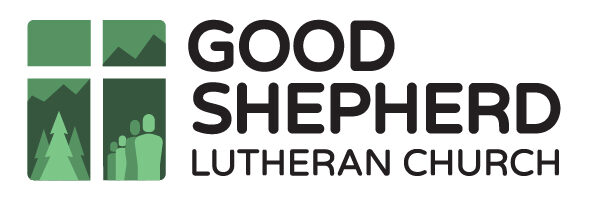Questions
While driving to Idaho on CAP chaplain business, I was listening to a recording of a book by Saint Ambrose (340-397), once the bishop of Milan. Among the topics he discussed — the recording was almost 10 hours long — was telling the truth as a virtue. This also leads to transparency.
There are religions and groups which do not tell the public everything. You can’t join unless you take an oath not to reveal the secrets of the group, such as passwords, handshakes, and rituals. This, among other things, is one of the reasons we do not permit LCMS members to join the various lodges. More than the secrecy, they deny salvation through Christ alone, so holding memberships in the LCMS and the lodge is actually inconceivable, if you take either one seriously.
The Christian Church, especially the Lutheran Church, does not keep secrets from her members. As Ambrose wrote (paraphrased), “The bishop’s job is to teach.” Ambrose simply was agreeing with Saint Paul, 1 Timothy 3:2. Pretty much any Lutheran pastor would rather teach the Christian faith than anything else.
If we are so open and honest, why do visitors find us so mysterious? Why are they confused about the service, and misunderstand the words we use? When I was defending my dissertation, I made the comment that most (greater than 90 percent) of education is learning applied vocabulary. So many of our sciences, such as zoology, biology, meteorology, and the like may be translated “words about…” Our classrooms teach more words than actions, even in subjects which require physical training. As an example, much of learning to play the violin is learning the language of music and the parts of the instrument.
So our visitors come in and hear words like “justification” and “sanctification” and “grace” and “mercy.” They hear that they have sinned in thought, word, and deed, yet they have not really examined themselves using the mirror of God’s holy Law. No wonder they are confused. The working vocabulary of any profession, be it in a church or a factory or an airplane cockpit, sounds like the speaking in tongues of Acts chapter 2.
Unlike some organizations, some religions throughout the ages, we answer questions. We want to answer questions. We know that the only way to learn is to ask, to think about the answer, then to possibly ask again in a slightly different way. Matter of fact, in adult education some research suggests that you need to deal with a concept at least seven times before it makes sense and becomes a part of your knowledge base.
So the pastor’s library is open for one and all to do research. We begin our Bible class on Sunday morning with a session of “Stump the Chump” where we may discuss any aspect of theology.
Remember faith (that which holds to God’s promise) comes from hearing, and hearing from the Word of God. It consists of knowledge — often incomplete. Add to the knowledge trust that the knowledge is correct. Finally you trust that which you know.
Therefore, I welcome your questions, and look forward to learning as I research the ones that stump me. This way we are all increasing in knowledge of God’s rich love as seen in Christ Jesus.
And for the way home I am planning on listening to some G. K. Chesterton. Expect some interesting quotes in the forthcoming sermons.







